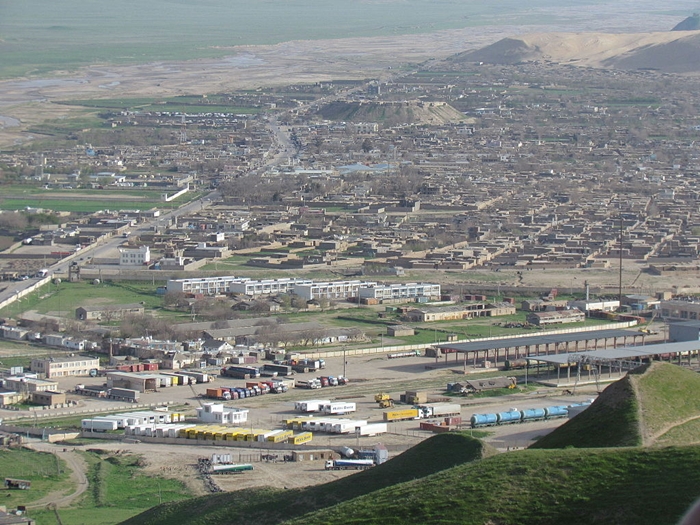Afghanistan, a country at the crossroads of some major corridors, has started unfolding its transit potential in a systematic and measured manner.
In a news story first reported by Reuters and subsequently expanded on by other media services, the acting commerce minister of Afghanistan, Nooruddin Azizi, told Reuters that Kazakhstan, Turkmenistan, and Afghanistan would jointly build a logistics centre in western Afghanistan, most probably in Herat.
According to the minister, the reason for establishing the trilateral centre is to create a cluster point for regional exports to South Asia, including the oil from Russia.
The experts believe that the availability of the Afghan territory for transit between Central Asia and South Asia would immensely benefit China, Russia, Kazakhstan, Turkmenistan, Turkmenistan, Tajikistan, and Kyrgyzstan. It would also open a shorter route between Iran and China.
Azizi told that following the recent talks between Kazakhstan, Turkmenistan, and Afghanistan, the technical teams would draw up a written agreement within two months on the formal plans for the hub. All of the three countries would invest in the logistics centre.
He said that the new hub was part of broader efforts to take advantage of Afghanistan’s strategic location, once a thoroughfare for the ancient Silk Road trade route, lying between South and Central Asia and sharing borders with China and Iran.
“Based on our discussions, a logistics centre is going to be established in Herat province, which can connect the north to South Asia,” Azizi told Reuters, adding that the Taliban were eyeing the millions of tons of oil they expected Russia would be selling in coming years to South Asian countries, particularly Pakistan, to pass through the new hub.
He said that Kazakhstan was also planning to export goods through Herat into South Asian markets.
Kazakhstan’s trade ministry said in a statement to Reuters that it wanted to develop roads and a railway through Afghanistan to connect with South Asia and the Gulf, with the hub serving as an important logistics point.
Afghanistan would, of course, use the logistics hub for the movement of its own cargo in either direction.
In addition, Azizi also expressed the desire to transport national export items through Torghundi and Spin Boldak to South Asia. Torghundi is the Afghan town just across the border from Turkmenistan. Spin Boldak is the small town in Afghanistan just at the border with Pakistan.
Azizi said the logistics hub’s initial capacity would be one million tons of oil but he did not give a date for when it would be operational.
Azizi said that the Taliban were also speaking with Chinese authorities on building a road through the remote, narrow Wakhan corridor that connects Afghanistan with China and that they hoped Afghanistan would eventually develop into a route for trade between China and Iran. He said Afghan commerce ministry officials had recently been sent to China for training.
TOLOnews reports that the Afghan Chamber of Commerce and Investment considers the establishment of the international logistics center in Herat Province crucial for increasing the country’s national income and emphasizes the need for the swift implementation of this agreement.
According to TOLOnews, Mohammad Younus Momand, the deputy of the Chamber of Commerce and Investment, said, “This is in Afghanistan’s interest, and Afghanistan could become a major hub for the transit of goods in Central and South Asia through this route.” /// nCa, 3 May 2024
